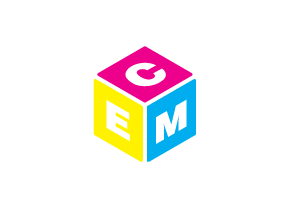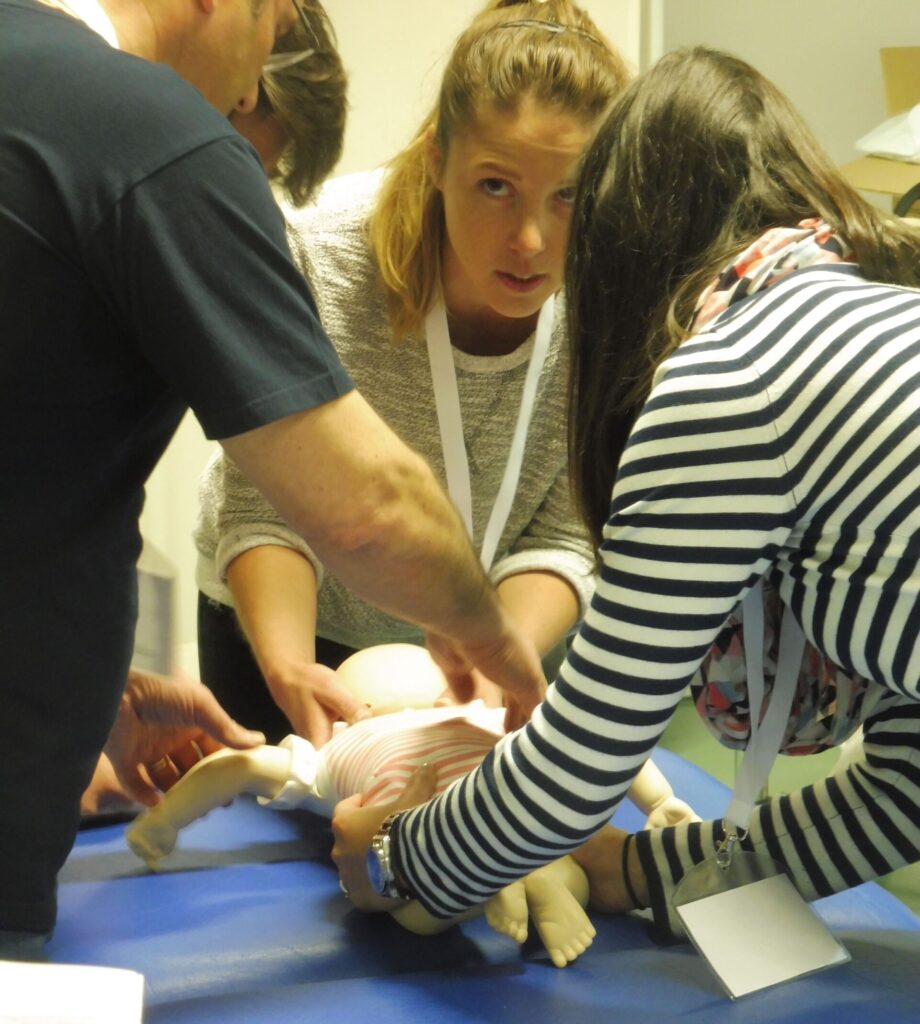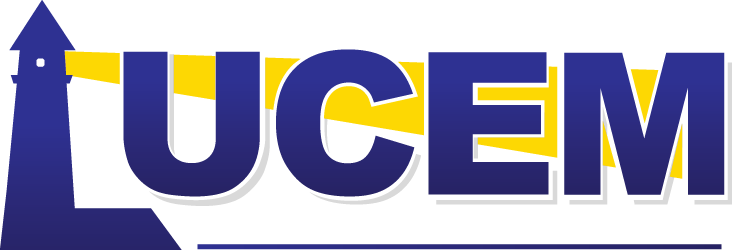
The EMCC (Emergency Medicine Core Competences) course is an intensive 3-day simulation-based nonprofit course in Emergency Medicine. The course material is freely available to eligible course instructors who wish to offer the course.

The proximate goal of the EMCC is to boost competence in core areas of EM through intensive scenario-based training and group discussion.
The ultimate goal of the course is to promote the development of scenario-based, regularly recurring training in EM at the level of individual training programs in Emergency Medicine. The EMCC strives to promote this goal by:
- demonstrating how competence in various areas of EM can be developed through scenario-based training
- providing templates for scenarios tailored to developing specific competences
- entitling course instructors to run the course locally
- providing material for local, scenario-based training
In addition, the EMCC promotes checklists as a tool to deliver safe and efficient patient care.
”The EMCC course is like an Emergency Medicine Bootcamp”
”The broad view you get of emergency medicine, whilst also focusing on specific, challenging everyday cases, makes this an extremely worthwhile course for me.”
”Non-judgmental attitude.”
”Relevant to the clinical setting.”
”The course is given by emergency physicians! So inspiring &motivating!”
”Focus on “practical” teaching.”
”Very competent/high level of the instructors.”
